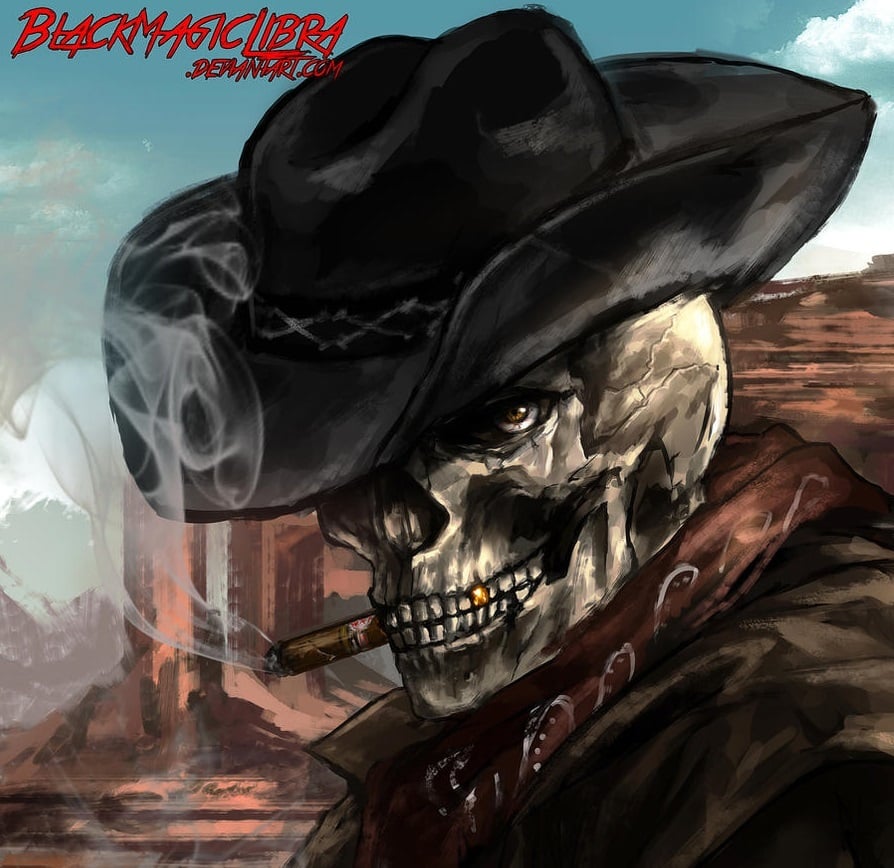An acquaintance who works in finance said that the USD was devalued during COVID but hasn’t yet experienced much inflation except in household goods because money is still expensive. What does that even mean? How can money be expensive? And how does that differ from being valued/devalued?
I would think “money is expensive” means something along the lines of “there isn’t much liquid cash”, but I thought the money injected into the economy was liquid cash.
Would someone more into finance/trading than me explain how this is possible? Thanks!
Some other good answers already but here’s a sound byte version:
It’s currently expensive to borrow money, and then the borrowed money isn’t as useful as it used to be.
“Money is expensive” = interest rates are high.
It’s all fake. Literally. Its made up. It only exists to the extent we all participate in the con.
Grow a garden. Trade with your neighbors.
Fuck the banks. Focus on your village.
I think, printing more money under the same conditions is the primary inflation/devalue, while the federal interest rate determines the baseline for loan interest rates. If the federal rate of return is high, it makes no sense for anyone to buy loans for a lower rate as the US gov has a longer upstanding record of paying back those debts/returns. If the fed is paying a high baseline rate, so is everyone else. Why would a bank or anyone buy your debt if they can put that money in government bonds and get a higher or the same rate of return. So money is expensive because the federal rate is high. At least that is my most simple understanding.
Not bad, just get rid of your first clause.



